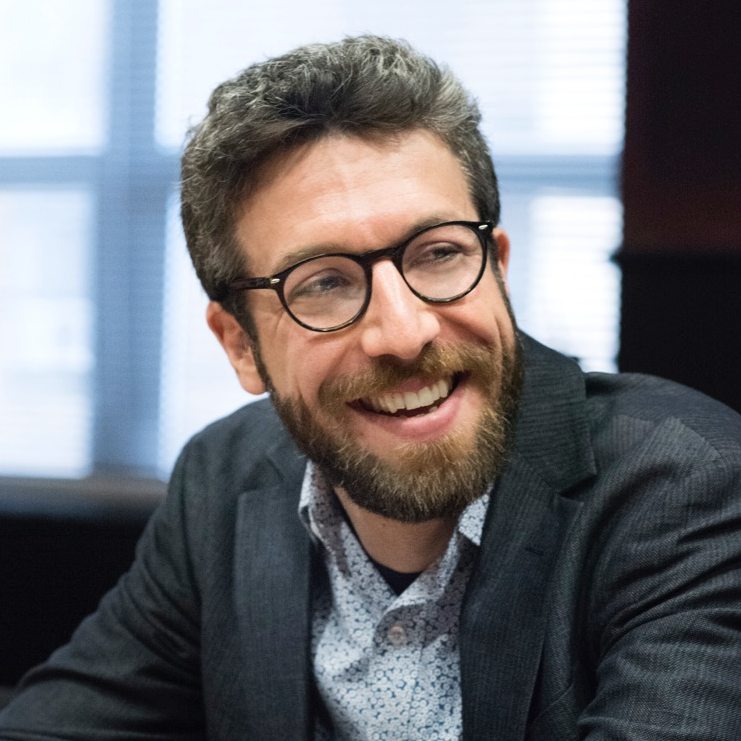
Project Title: Tilted Waters: The World the Suez Canal Made
Tilted Waters: The World the Suez Canal Made is the first book-length study of the Suez Canal to be written in English in half a century. Reframing the history of the waterway as a history of global capitalism, the book examines the Canal’s many and changing roles in the production of global inequalities over the past two centuries. When French surveyors conducted the first feasibility study through the isthmus of Suez in 1799, they concluded that the Red Sea was thirty feet higher than the Mediterranean. Their error was later corrected, but this simple miscalculation foretold something fundamental about how the Canal would reshape the world. Since well before it opened in 1869, the waterway has had the effect of tilting the spaces it connected, causing wealth and power to flow far more easily in some directions than in others. Existing studies focus on the channel’s status as a manufactured shortcut. But from the beginning, it was always more than that. To offer just a few examples: Thanks to the terms of the Suez Canal Company’s concession with Egypt, this colossal infrastructure became a durable apparatus for converting taxes into corporate profits. Because the Canal was too narrow for large ships under sail, it became a bellows for the coal-burning fires of steamships. And because, in the 1950s, Suez was the main conduit for Iranian oil denominated in pounds sterling, the Canal became the lynchpin of British imperial monetary policy. Using source materials in Arabic, English, French and Urdu, the project draws on extensive archival research in England, Egypt, France, Pakistan, and the United States to tell a series of stories about the Canal’s place in the making of the world we now inhabit.
Biography:
Aaron G. Jakes is an Assistant Professor in the Department of History and the Committee on Environment, Geography, and Urbanization. His work deals broadly with the histories of the modern Middle East and South Asia, the historical geography of capitalism, global environmental history, and histories of colonialism and imperialism. A graduate of New York University’s Joint PhD Program in History and Middle Eastern and Islamic Studies, he taught for seven years at the New School in New York City before joining the University of Chicago in the summer of 2022. His first book, Egypt’s Occupation: Colonial Economism and the Crises of Capitalism was published by Stanford University Press in 2020 and received honorable mention for the Middle East Studies Association’s Roger Owen Book Prize. His other publications have appeared in Antipode, Arab Studies Journal, Comparative Studies of Society and History, Critical Historical Studies, and the International Journal of Middle Eastern Studies.
 THE UNIVERSITY OF CHICAGO
THE UNIVERSITY OF CHICAGO

